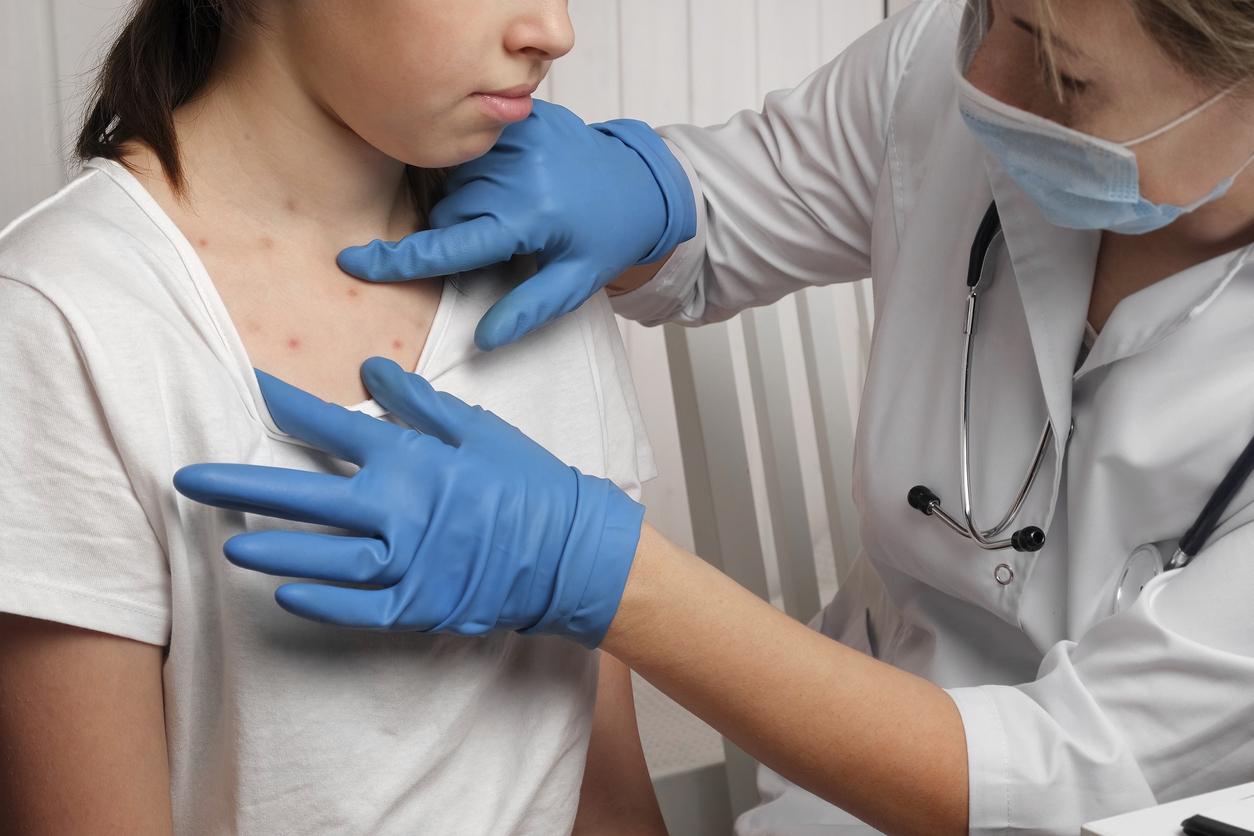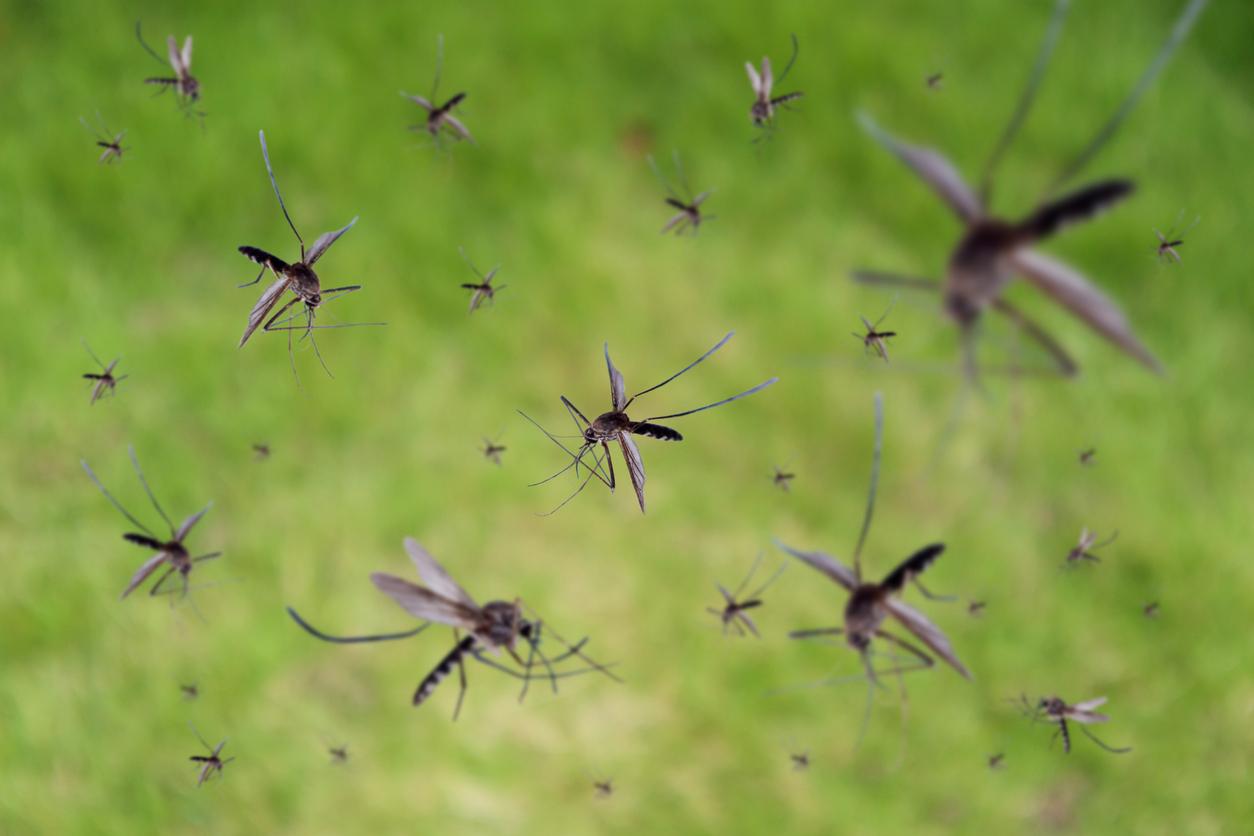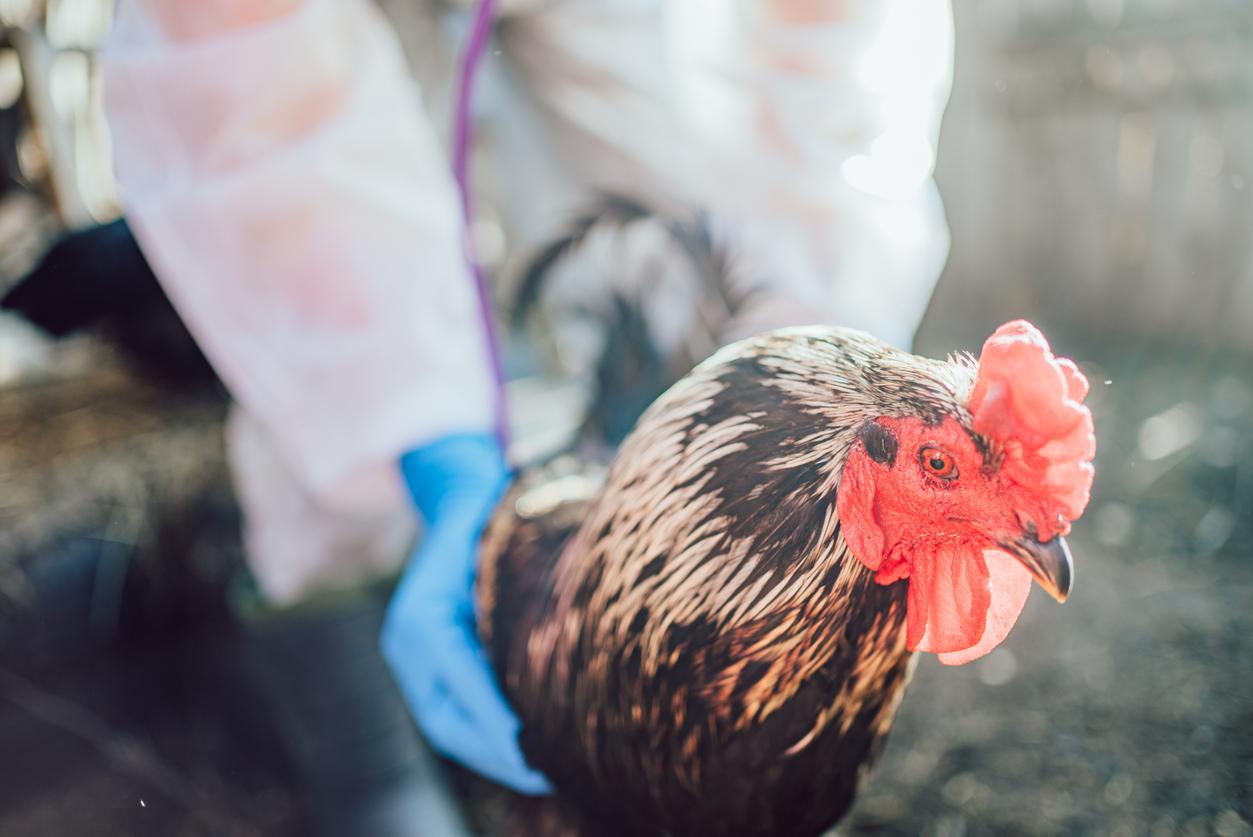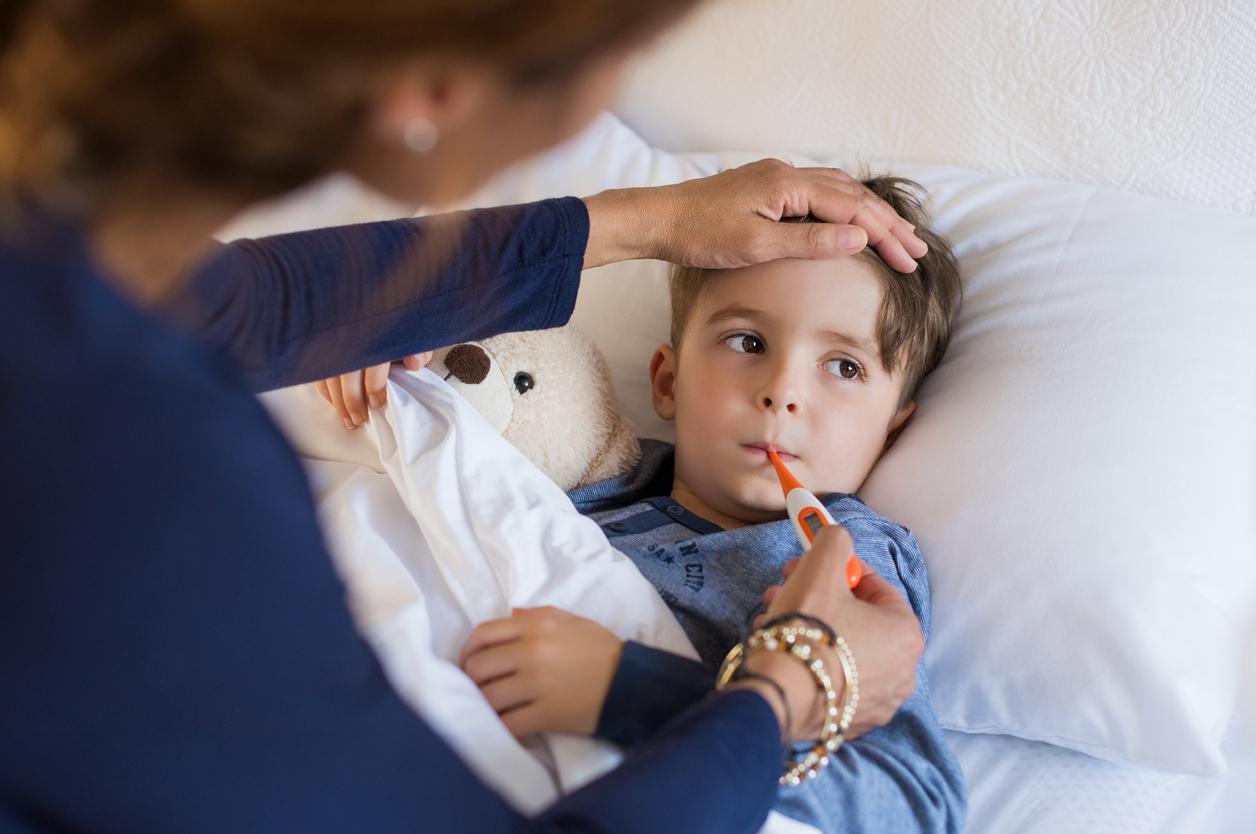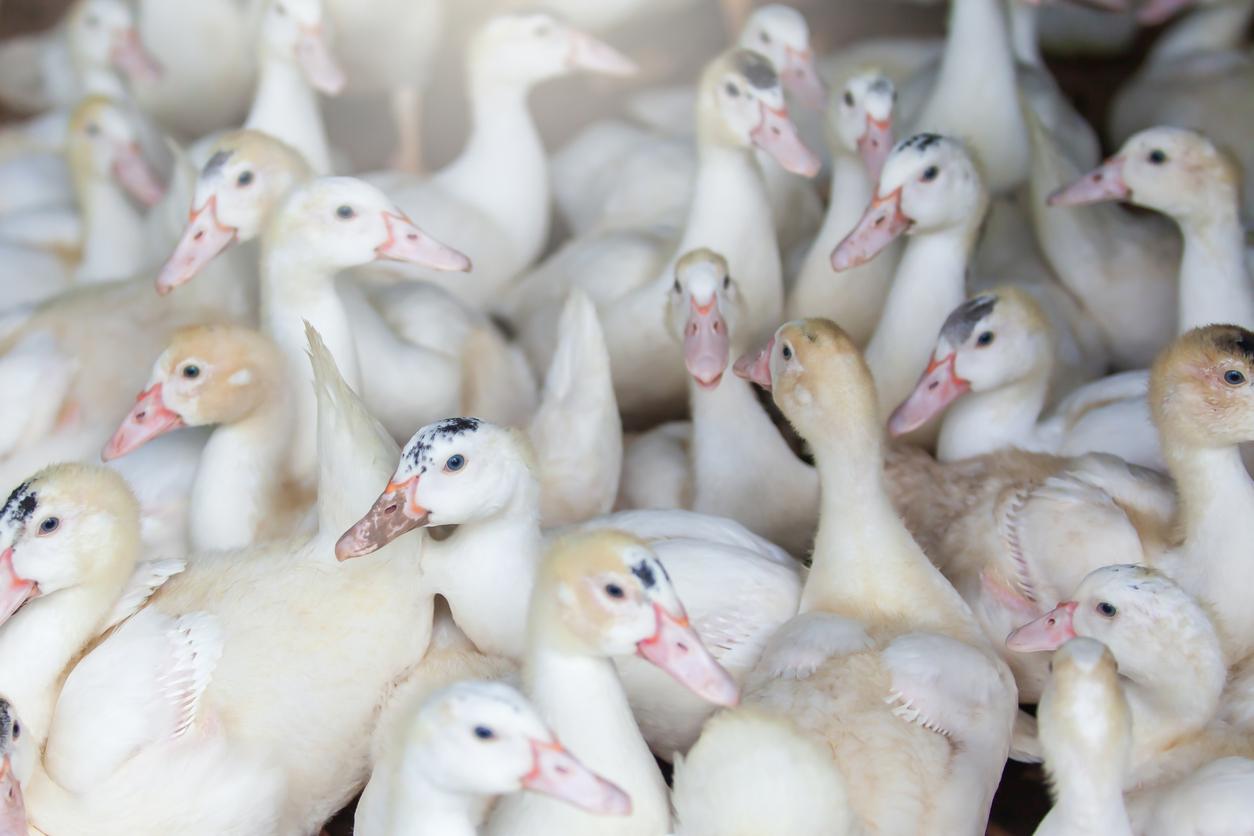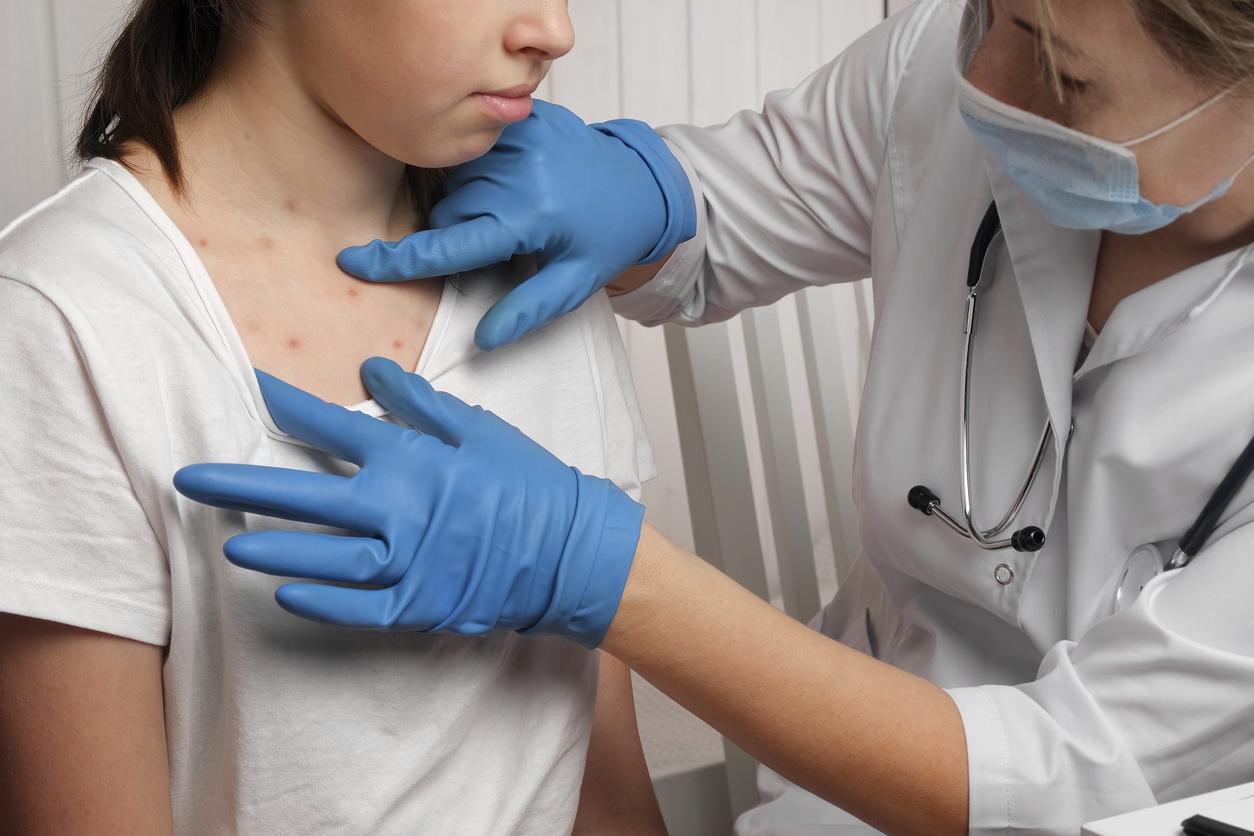In Michigan, a man has tested positive for the H5N1 strain of bird flu linked to an outbreak in dairy cows.
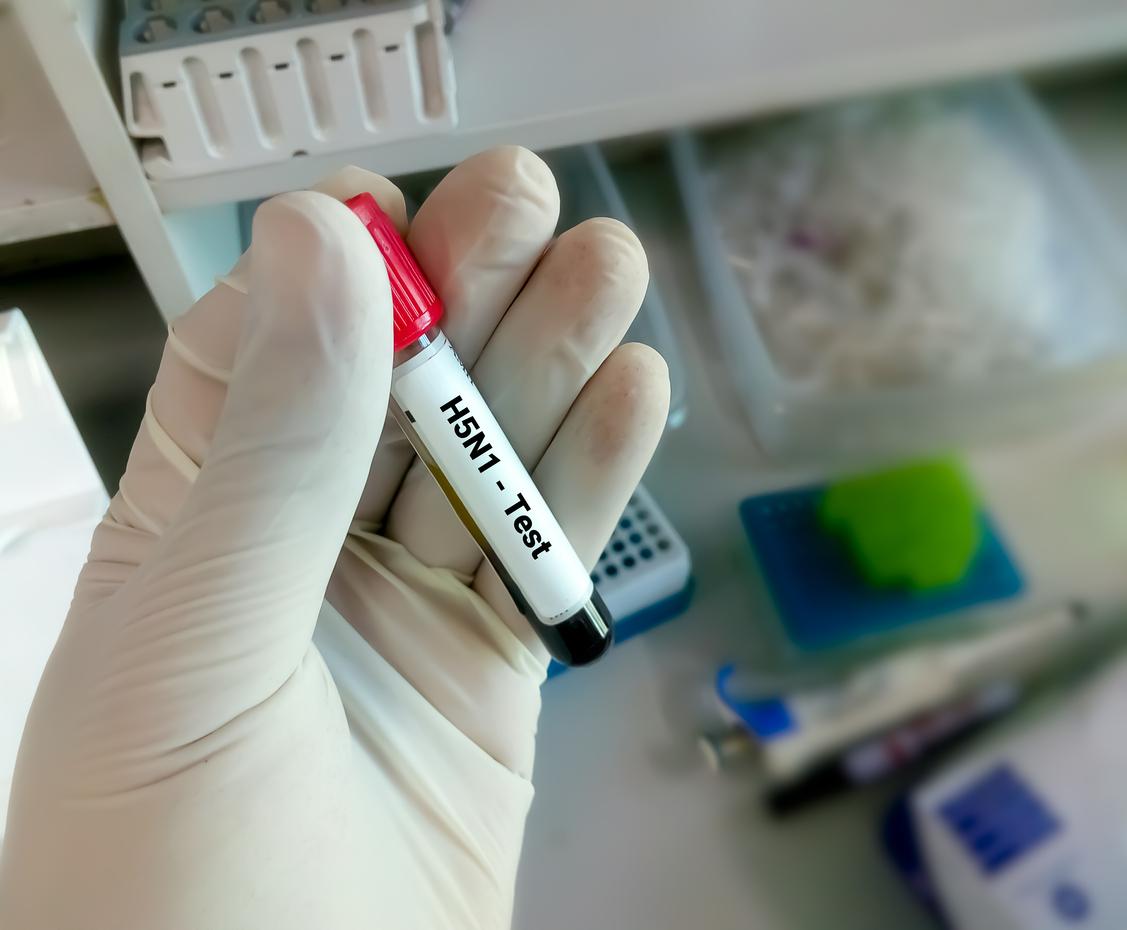
- In the United States, more precisely in Michigan, a farm worker who worked closely with sick cows contracted bird flu.
- In his case, “respiratory symptoms, such as coughing, appeared after direct exposure to an infected cow.”
- According to U.S. health officials, the proper use of personal protective equipment is the best tool to protect farm workers.
On May 30, the Michigan Department of Health and Human Services (MDHHS) announced an additional case of avian influenza. This is the second case reported in the Midwestern state in the past week. As a reminder, the first infection was detected in Texas. “Eye symptoms appeared after infected milk was directly splashed into the eye.”
Bird flu: “respiratory symptoms” appeared “after direct exposure to an infected cow”
This third infected patient is also a farm worker who worked closely with dairy cows that tested positive for influenza A (H5). “In this case, respiratory symptoms, such as coughing, occurred after direct exposure to an infected cow. Neither person was wearing protective equipment. This tells us that direct exposure to infected cattle poses a risk to humans and that the team is an important tool to prevent spread among people who work on dairy and poultry farms. We have not observed any evidence of sustained human-to-human transmission,” can we read in a statementThe infected man was promptly given antiviral medication and is now recovering from his respiratory symptoms.

Adequate equipment and vaccination against bird flu to prevent more infections
According to health authorities, this latest human case of bird flu is not “surprising.” “Extensive testing identifies additional human infections among farm workers.” However, the Centers for Disease Control and Prevention (CDC) reassures the public and continues to emphasize that the risk to the public remains low.
For them, the priority is to provide adequate equipment to farm workers to avoid further infections as much as possible. “Farm workers who have been exposed to affected animals have been asked to report even mild symptoms, and testing for the virus has been made available,” said Dr. Natasha Bagdasarian, medical director.
The Michigan Department of Health and Human Services also recommends avian influenza vaccination for people who work on poultry or dairy farms. “This will not prevent infection with avian influenza viruses, but it may reduce the risk of co-infection with avian influenza viruses and influenza.”




